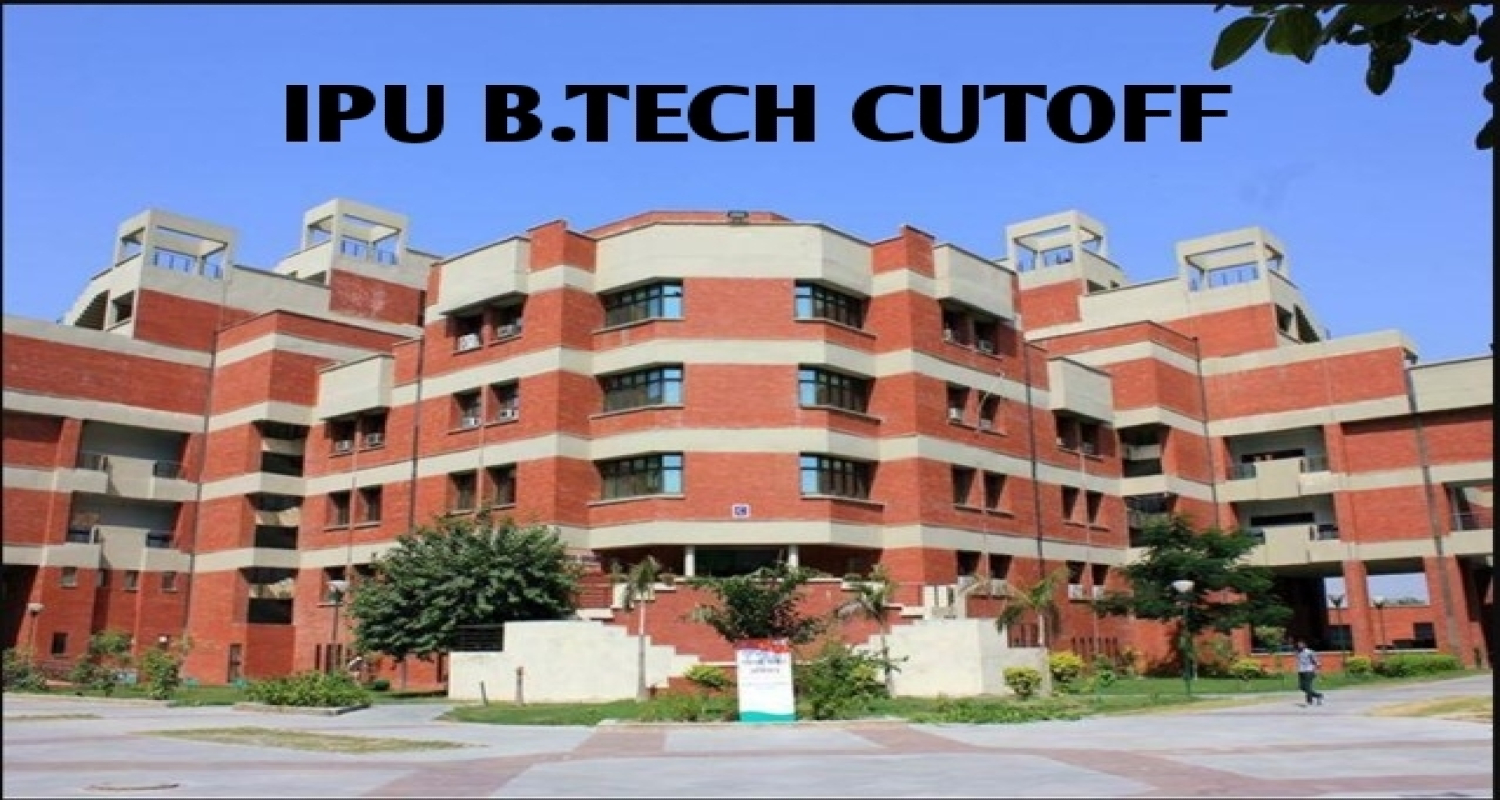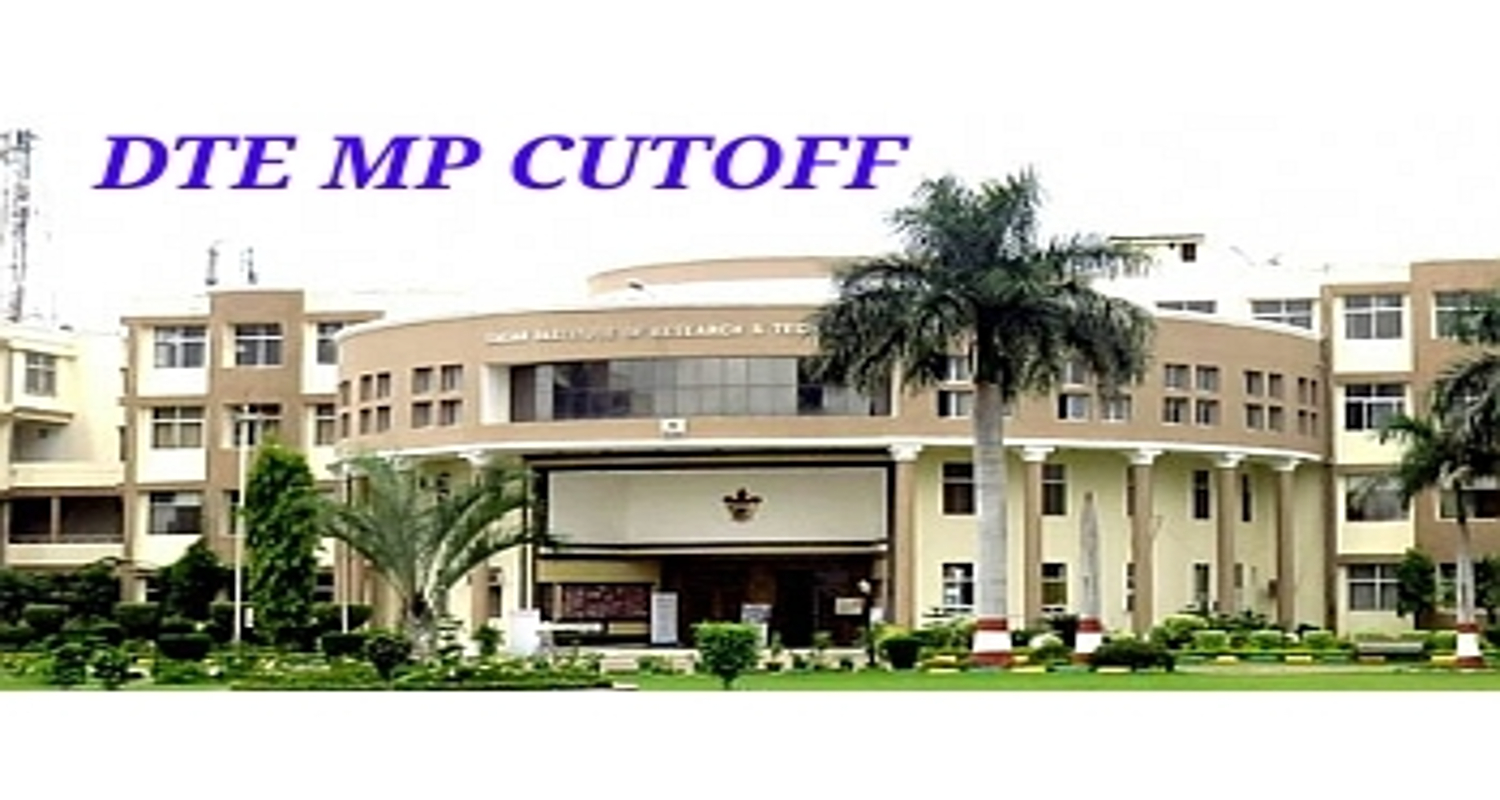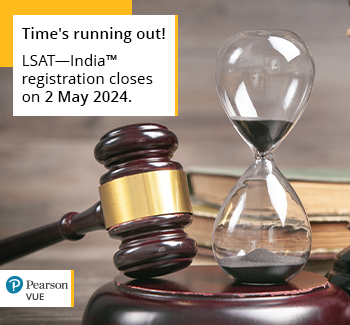Studying and Appearing for Exams in the Middle of a Pandemic

Efforts to slow the spread of COVID-19 through preventive measures such as social-distancing and self-isolation prompted the widespread closure of schools in over 100 countries. On 16th March, state governments across India began shutting down schools and colleges temporarily as a measure to contain the spread of the novel coronavirus. This was followed by a complete national lockdown in the subsequent weeks.
For any Queries or Guidance regarding Entrance Exams, Colleges and more call on 9310486685
To know college based on your merit and on-call Counselling, Regular Alerts and Personalized Time Table Click here
To Download Board and Entrance Exam Papers, Click Here
According to UNESCO Monitoring Reports, 192 countries had implemented nationwide lockdowns/closures, affecting about 99% of the world’s student population. Since the COVID -19 pandemic has disrupted the normal lifestyle of people across the globe, the virtual world has come to the rescue.
Needless to say, the education world transformed the centuries-old, chalk–talk teaching model to one driven by laptops and the internet. The structure of schooling including learning, teaching and assessment methods were the first to be affected by these closures. Consequently, catering to the needs of all stages of, online education has emerged as an alternative to ordinary face to face classes.
Only a handful of private schools could adopt online teaching methods. Low-income private and government schools, on the other hand, have completely shut down due to a lack of resources necessary for e-learning. Accordingly, various stakeholders such as government and private organizations are trying their best to assist each other by sprucing up their existing online platforms, apps and providing training to teachers to use these apps and platforms to the optimum level. Moreover, efforts are being made by both government and non-government organizations and edtech companies to support the school system to make a smooth transition to the virtual world.
The Central government has recently launched the PM e-VIDYA platform, with 12 new DTH channels, one for each class to reach out to all strata’s of society. These efforts have proved beneficial to a sizable chunk of the school-going population. However, this alternative medium has also brought to the fore some stark persistent realities of Indian society characterized by social inequalities in terms of availability of resources, essential to access these online classes/platforms.
These digital initiatives are perpetuating the hegemony of elite schools over the education system, resulting in the digital divide between rural and urban and rich and poor. This disruption in the delivery of education is pushing policymakers to figure out how to ensure inclusive e-learning solutions and tackling the digital divide.
Students and teachers also have their own struggles while accessing these online platforms. Due to financial constraints, students are not able to access the internet, and are devoid of electronic gadgets and laptop, phone or computer or even radio and TV. Those students who have facilities to attend to online classes face barriers in terms of unavailability of physical space, which is equally applicable to teachers who are supposed to conduct online classes from their home.
There are also social barriers such as discrimination against girls as they are expected to do household chores instead of attending online classes in the mornings. In rural areas, boys are often expected to work on the family farmlands. In homes where TV and radio are available, the question of who has control over these gadgets is important. Most of the time, girls are not allowed to watch educational programmes.
Envisioned in the Constitution of India is the aim of providing equality of education opportunities to all citizens irrespective of caste, class, gender and religion. Moreover, the COVID 19 pandemic has put the spotlight on the ever-increasing structural imbalances in school education in terms of rural-urban, rich and poor and gender divide.
After interacting with a few students who have currently adopted distance learning and are also appearing for their exams via online-methods, it can be inferred that they are undergoing much more academic stress as well as mental and emotional difficulties.
Navya Singhal, a student in Class 10th at DPS Kolkata, is preparing for her board exams this year. She recently finished her pre boards and explains how it’s hard to cope up with the overwhelming amount of work, assignments and examinations. In addition to that, children realized how they “took their routine lives at school for granted”, now that they are “forced to stay at home”.
The lockdowns seemingly affected the sleep schedules and screen time habits of the students. They are finding it difficult to understand what’s being taught due to a lack of personal touch. Zoom calls or Google Meets might not be a conducive environment for timid or shy students to interact with their teachers or ask doubts.
Teachers from private schools who adapted to online forms of teaching within the first few days of the lockdown explain that even though the situation was unforeseen but education of the children should never stop. Puja Gupta, a History teacher at a reputed private school in Noida, says “Even though our faculty had never taught online before we all got used to operating Microsoft Teams and subsequently helped the rest of the team. We are privileged enough to have access to the Internet and functioning electronic devices, I cannot imagine how badly education for the underprivileged would have been affected.”
When asked about her experience of teaching children online, she said “Even though sometimes getting children to respond becomes a task, the key to this is to engage with them more frequently so they become more familiar.”
After 7 months, the Union government has permitted reopening of schools in phases but the actual timing and manner of reopening will be decided by individual states. Governments of different states have the autonomy to decide the reopening of educational institutions on the number of cases. However, with about fifty thousand new cases in the country daily, most parents feel that online classes are a much safer option than sending their kids to schools.
On the other hand, there are thousands of JEE and NEET aspirants in the country who are preparing exams in 2021. Without in person classes or coachings like before, they are heavily relying on online lectures.
In addition, a lot of students were unable to appear for their JEE Main Exam in September because they weren’t able to travel with a fear of contracting the virus. Such students would also aim for the 2021 Exam which would make the competition stiffer. This would in turn make it really hard for average students to score a good rank.
With little hope of things going back to the way they were, coaching institutes in various parts of India are going digital to keep their business running. Enrollment for the current academic year has been hit as the coaching centers had to refund admission fees paid by the students owing the nationwide lockdown.
Subsequently, centers have started online admission tests for all classes, there has been neither an increase in the fee structure or any discounts offered. However, most of these institutes have started accepting fee payments in installments and offering scholarships to students that out perform in the entrance tests.
Many students who would otherwise have joined coaching classes are now opting for online classes on Byju’s and Unacademy. Teachers who were earlier earning 8-10 lacs per annum are now curating digital courses for their institutes or joining other digital education platforms.
In this time of crisis, a well-rounded and effective educational practice is what is needed for the capacity-building of young minds. It will develop skills that will drive their employability, productivity, health, and well-being in the decades to come, and ensure the overall progress of India.
About Author

Ojasvi Gupta
Ojasvi Gupta has worked for the Indian Express and Enactus DSC as a writer. Currently pursuing BCom Hons from Delhi University, she loves to spend her free time listening to music, reading, or playing with her dog. With her strong inclination towards writing, she serves as an author for Educere India.







